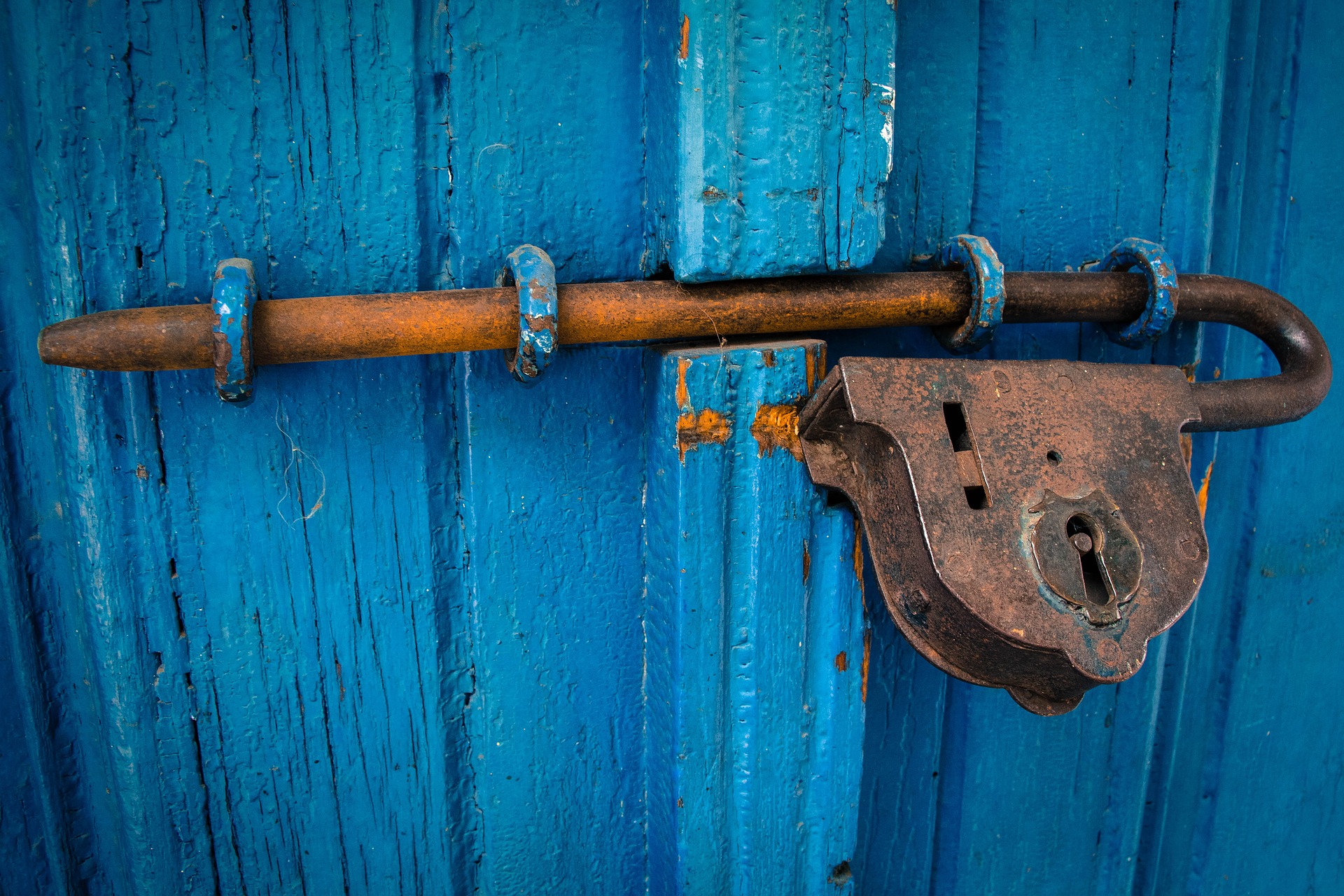Nobody, especially no homeowner, wants to hear about foreclosure. Foreclosure is a difficult, sometimes scary process that involves the loss of your home, your equity in the home, a source of pride, and the center of lots of great memories. During the recent Financial Crisis, hundreds of thousands of homes fell into foreclosure, with 2010 being particularly brutal. That year, something to the tune of 120,000 homes fell into foreclosure, compromising the financial future of many hard-working Americans. As of this spring, it’s estimated that a total of 10 million homes went into foreclosure as a result of or during the Financial Crisis, leaving the future of those homes, some of them brand-new or close to brand-new, uncertain.
Today, the real estate market has recovered with some of the hardest-hit markets having a new problem of having enough housing for a growing population. Foreclosures are still a tedious process, here, in a healthier housing market, but there are always options for people who are facing foreclosure. Choosing the right option to combat foreclosure on your home can help you protect your financial future. In fact, avoiding foreclosure isn’t simply easier on you and your credit – avoiding foreclosure is also a relief to the bank! Yes! Banks also don’t like to foreclose on homes – this can cost the bank money.
When the bank forecloses on a home, it is because the owner of the home has failed to make their scheduled mortgage payments in full. While foreclosure is an inevitable result of defaulting on your mortgage, there is no swift process when it comes to foreclosure. Foreclosure might take the bank months, and you own your home until the bank forecloses the home, or repossesses the home. Either are possible. These possibilities apply to both traditional and FHA home loans, though in the case of default on an FHA loan, the FHA pays your lender for the remaining amount, and you are in debt to the government. Fortunately, for those who are unlucky enough to be close to defaulting on the FHA loan, there is a special program for those whose homes have been financed with FHA mortgages that could prevent a devastating foreclosure.
Can You Sell a Foreclosed Home?

The simple answer is ‘yes,’ you can definitely sell your foreclosed home. In fact, selling your home may prevent foreclosure, and save you a huge ding on your credit. Selling a foreclosed home, though, necessitates a little more effort on the part of the seller: given the precarious situation in which you’ll find yourself during foreclosure, you’ll need help.
Selling any home can be a frustrating, confusing process, but selling a home in foreclosure is an especially challenging undertaking. You’ve got a litany of financial and time constraints that don’t exist for homes that are available for financing with a traditional mortgage. Situations like this are where real estate professionals aren’t just helpful, they’re essential. Choosing an experienced real estate agent to assist you through the process will immediately pay its dividends: your agent will be able to find important information for you, like how much you could feasibly receive expect to receive from the sale of your home. Your real estate agent may even be able to work with you lender to find an agreeable amount to accept in the event of a short sale. A short sale involves selling your near-foreclosed home for less than the amount that you owe on your mortgage. Short sales are never ideal – in this situation, you might not see a dime from the proceeds of the sale. With the home being sold for less than what you owe, everything from the sale of the house would belong to the lender.
Before You Foreclose
Preventing foreclosure is strongly preferred to having to sell your home after foreclosure. What’s more, selling your home can be one of the many ways to prevent foreclosure from happening to you, or to your credit. Your lender will have already issued up to four warnings that you’ve failed to make your payments, and are months behind in your mortgage. This is the beginning of of the foreclosure process. Depending on your lender, the process could take up to a year, and part of the reason for is the time that your lender will take while contacting you when you’ve missed each payment. Another factor in this process is the time that your lender will likely give you to sell your home, or to pay them the total of the missed payments and fees attached to the home. The time that you will have to either sell your home or find the money can be as brief as 20 days in some states, and up to two years in other states.
Before you decide firmly to allow your home to go into default, make sure that you communicate with your lender. As previously mentioned, banks don’t enjoy foreclosure. It may be long and emotionally trying for you, as the homeowner, but it’s expensive and time-consuming for your lender. When a bank forecloses or repossess a home, the bank is responsible for maintenance, upkeep, cosmetic issues that may arise in the home, finding an experienced real estate agent, and paying for the costs of advertising the property for sale, including listserv fees. There could be even more expenses involved, but none of them are anything that the bank wants to deal with.
More Options Before Foreclosure
If possible, turning your property into a short-term rental may also help you. If you can rent to several people, that could turn into several thousand dollars in a given month, which could help you enormously when you’re facing foreclosure. You may have the option for a forbearance, or to restructure your loan. If you really feel your options dwindling, it might be worth it to consider liquidating some of your other assets to pay off your mortgage. Whatever your final decision, make sure that you work closely with an experienced real estate agent.
Get Your No Obligation Offer in 24 Hours or Less!
Give us a call at (702) 213-9800 or fill out our form to get started.
